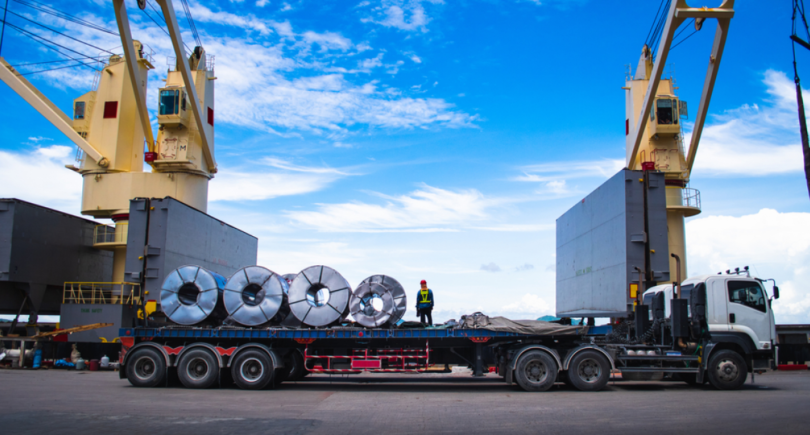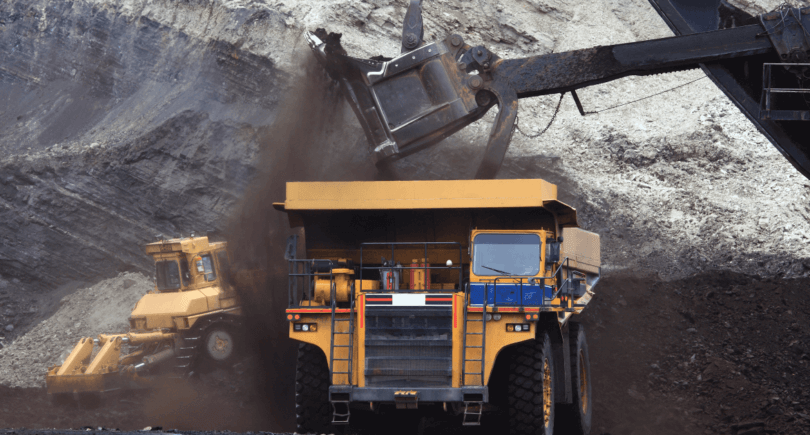
News Global Market decarbonization 2443 24 January 2024
Financial institutions face increased financial and reputational risks
Most large banks in Europe are unable to adapt their businesses to the upcoming decarbonization of the bloc’s economy. Therefore, they face increased financial, reputational and legal risks, according to the European Central Bank (ECB). This is reported by Reuters.
As ECB Board member Frank Elderson noted in his blog, an analysis of 95 banks, which account for 75% of loans in the euro area, shows that their loan portfolios currently do not significantly meet the goals of the Paris Agreement. This leads to increased transition risks for about 90% of these banks.
The overall credit risk is relatively small. It amounts to about €189 billion for businesses with assets in the oil and gas, coal, energy, automotive, steel, and cement industries, or about 5% of total loans to companies, according to a new ECB report.
Of the banks surveyed, 13 financial institutions had loans of more than €5 billion each in six key transition sectors, which account for about half of the eurozone’s total carbon emissions.
Banks have been given until the end of 2024 to comply with the ECB’s climate disclosure requirements, including how far they deviate from their expected decarbonization path. If financial institutions fail to comply, additional capital requirements may be introduced.
«Transition planning should become a cornerstone of standard risk management because it’s only a matter of time before transition plans become mandatory,» Elderson noted.
A big risk for banks is that their actions differ from their communication – many financial institutions claim to take climate change seriously, but their practices show complacency. According to Elderson, 70% of these banks may face increased litigation risks because they publicly declare their commitment to the Paris Agreement, but their loan portfolios still fall far short of these statements.
In addition, according to the report, corporations in energy-intensive or carbon-intensive sectors that are granted loans by financial institutions may face a decline in competitiveness during the transition to decarbonization of the economy. The highest risk in such a delayed transition scenario is the risk of company default.
Many financial institutions are also heavily dependent on lending to corporations in energy-intensive sectors, which generate most of their interest income.
At the same time, the Netherlands’ ING has become the first major bank in the world to stop targeted financing for new blast furnaces and the expansion of existing ones due to climate impact, according to Reclaim Finance. It will also no longer finance new coking coal mines or the expansion of existing ones. The financial institution will also engage with clients to discuss their transition strategies.
As GMK Center reported earlier, last fall, the Science Based Targets (SBTi) initiative launched the world’s first science-based decarbonization guide for steelmakers. It is designed to develop and set emission reduction targets in the context of the industry.




